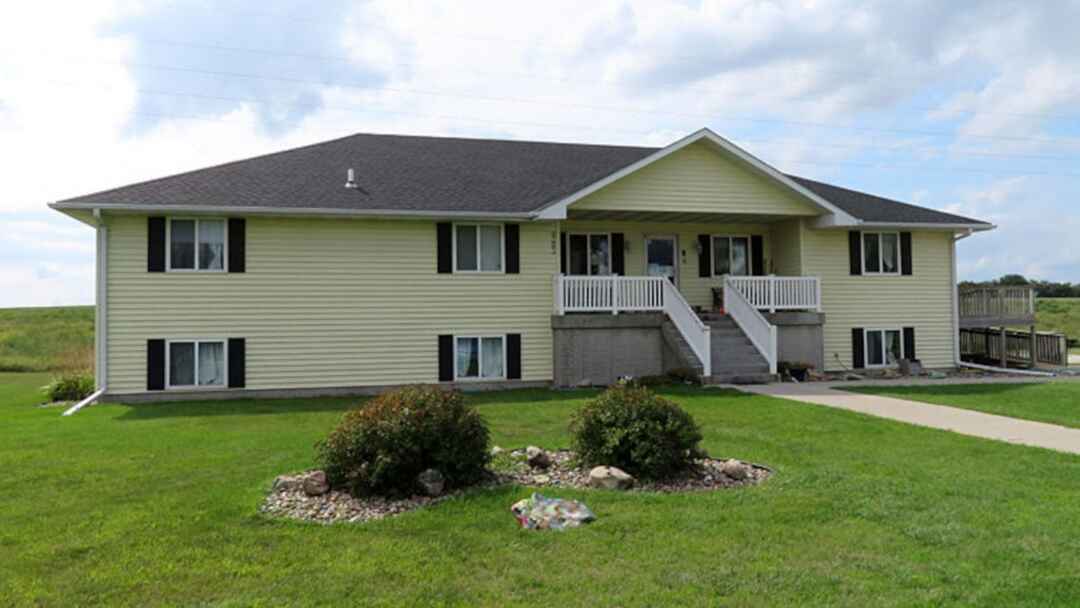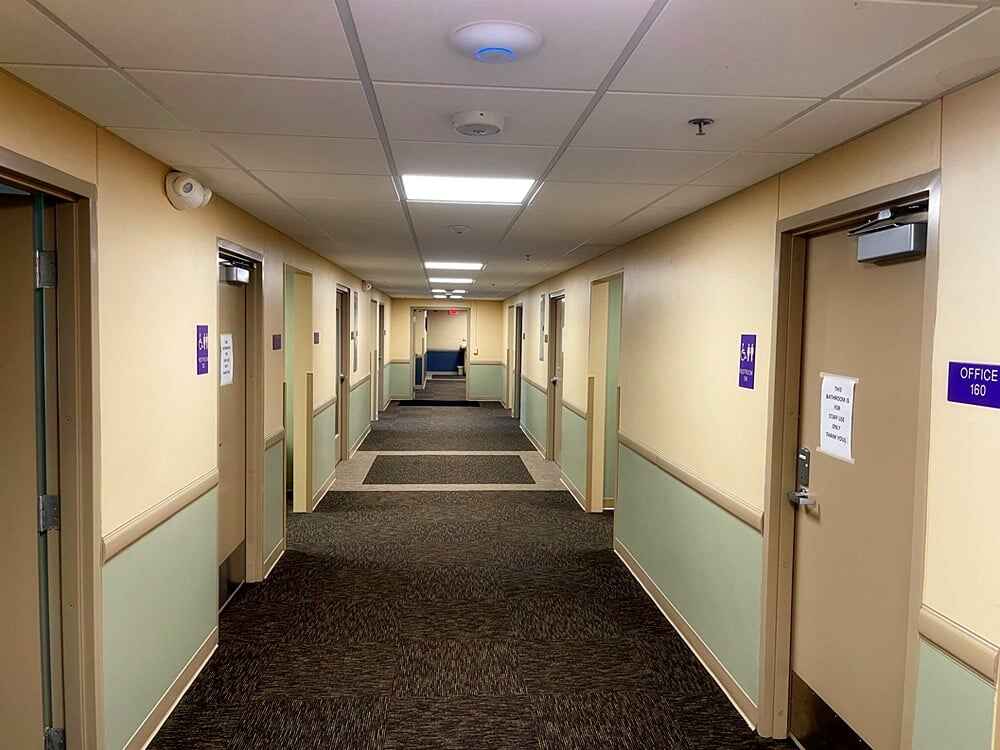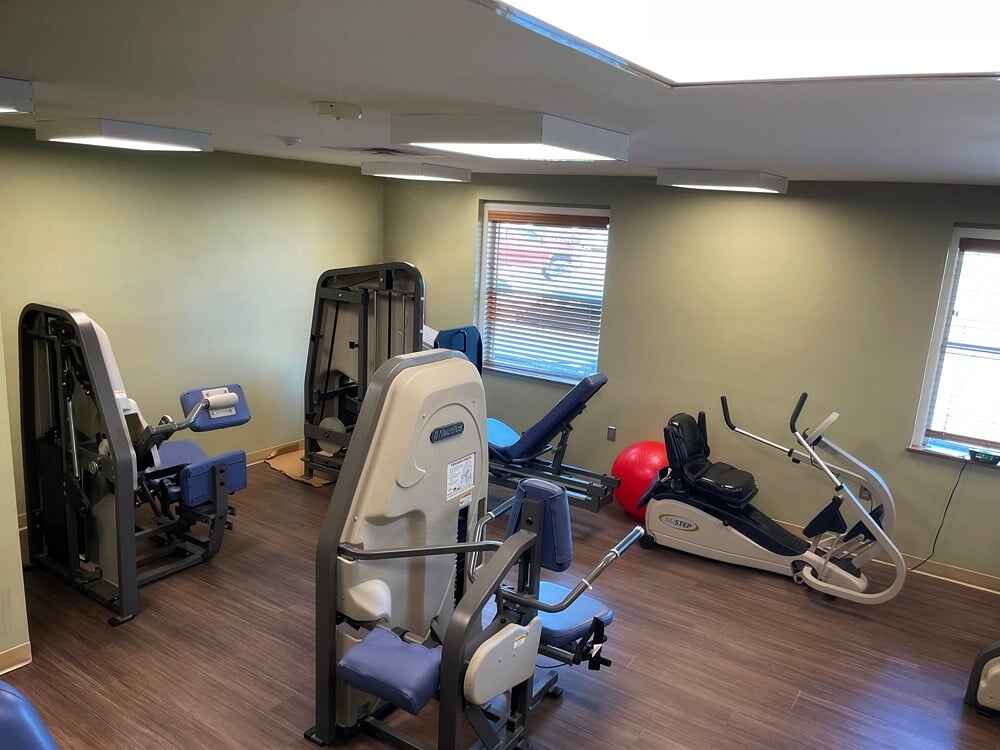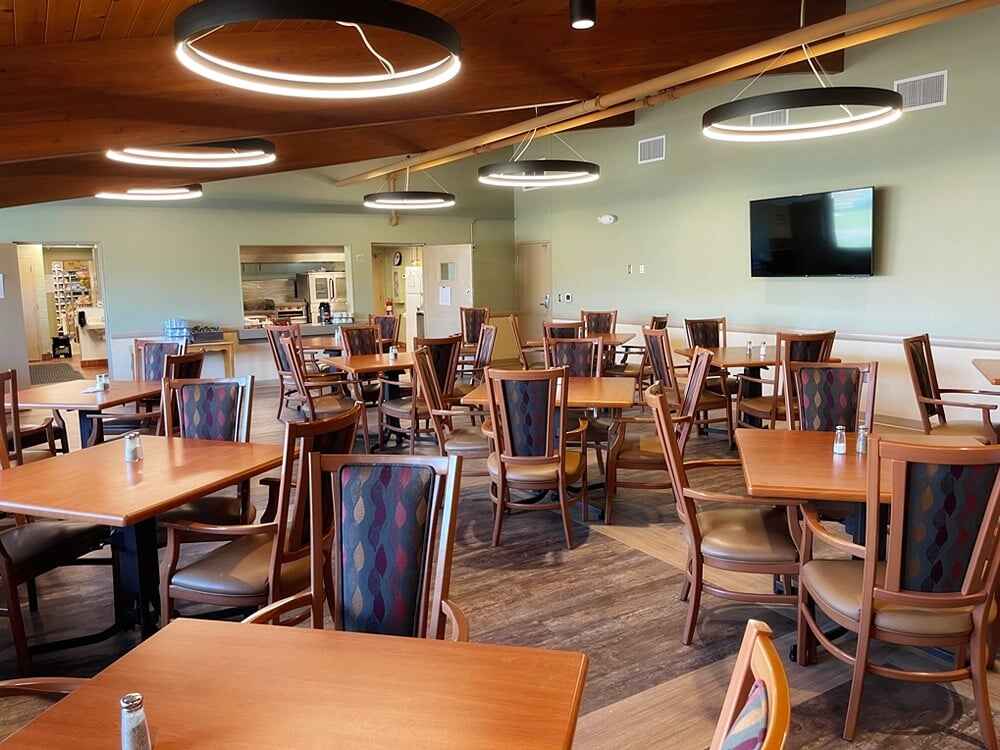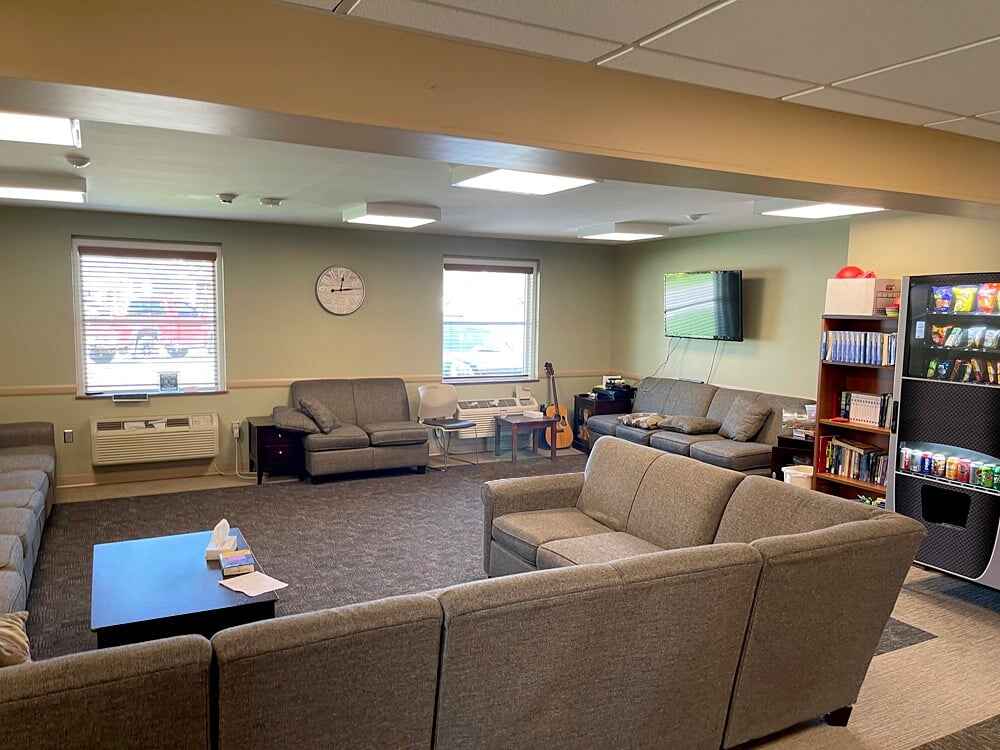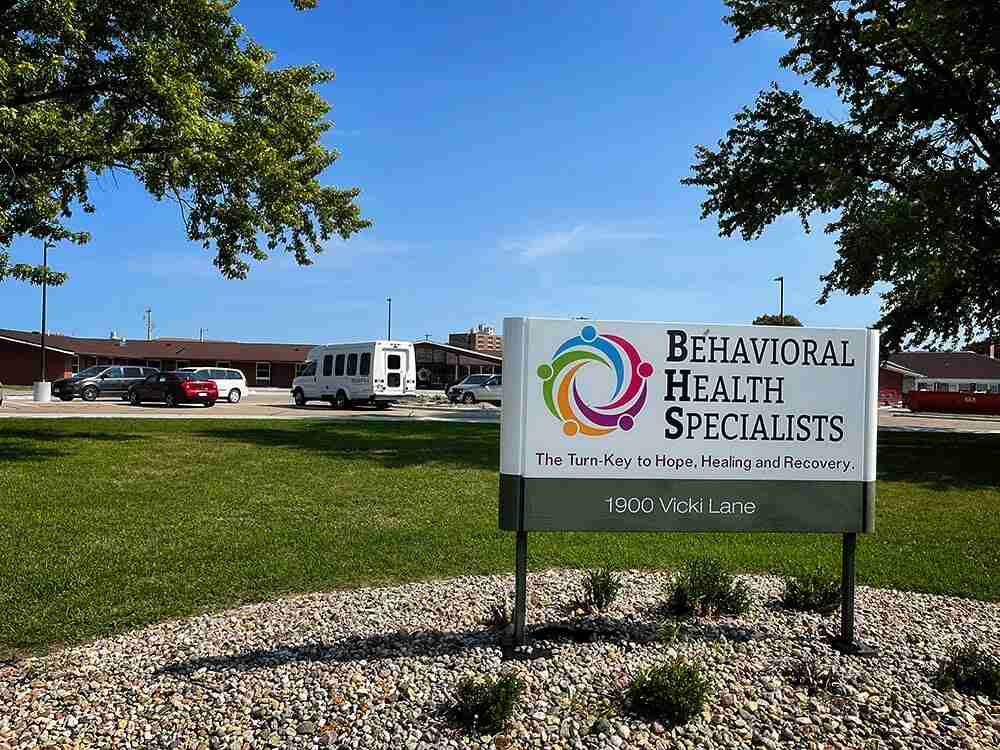About Behavioral Health Specialists – Sunrise Place – Norfolk
Sunrise Palace is a residential mental health and drug and alcohol addiction treatment center in Norfolk, Nebraska. Sunrise Palace is a location operated by Behavioral Health Specialists. They believe in treating addiction through individually focused and designed programs that cultivate personal relationships and support. They are a private facility with residential amenities.
Sunrise Palace offers sliding fee payment plans and does not turn clients away due to an inability to pay. They accept clients from all backgrounds.
Clients may be required to undergo detox before they are accepted into a treatment program. Sunrise Palace provides clients with a supportive, safe, and secure facility where they can safely detox from illicit substances under monitoring and care from medical staff. During this time, the health and needs of the client are assessed. They are also invited to participate in education groups to learn more about the nature of addiction to prepare them for the next phase of treatment.
An inpatient residential program is designed for clients who would benefit the most from a tightly structured and controlled environment. Clients live on site during treatment, where staff closely monitors them. Inpatient care is restrictive to prevent clients from engaging in dangerous behaviors and relapsing.
The inpatient program at Sunrise Palace is a short term intensive program. Clients are scheduled for 42 hours of therapy-based treatment activities each week. While every treatment plan is tailored to the individual needs of a client, they generally include individual, group, and family therapy alongside education groups that explore the nature of addiction, each client’s addictive behaviors and associated negative thinking patterns, and teach recovery coping and life skills that support healthy independent living.
The outpatient day program is the next level of care following inpatient treatment for most clients. It’s designed to benefit those transitioning out of an inpatient program. Still, it can also be a point of entry for clients whose symptoms aren’t severe enough that inpatient care is recommended. During treatment, clients live at home and return to the facility regularly to receive assessments and participate in individual, group, and family counseling.
